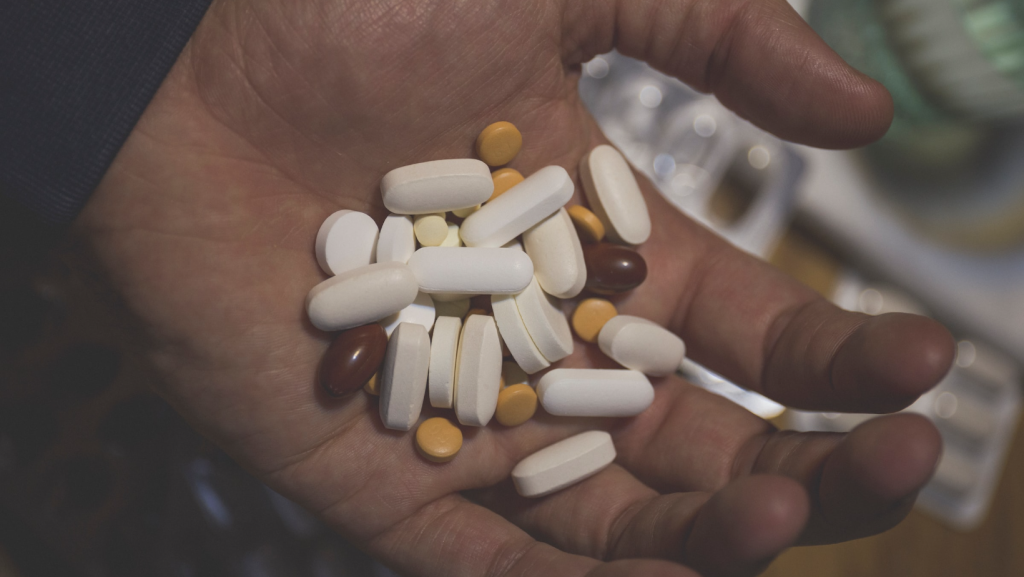
By: NWIZU STEPHANIE
Drugs are commonly used by everybody, whether young or old.
Drugs are not only useful for human beings; they are also useful for animals’
health. A drug is an effective substance in the life of any living thing to
cure sickness and make life healthy. It is true that drugs are used for
beneficial therapeutic purposes as effective substances for good health, but
they are being abused by people, especially youths. They use it illegally and
unlawfully, and thus it becomes harmful to the body.
Drug abuse is the use of drugs for purposes other than medical
reasons, thus affecting the individual in a negative way socially, cognitively,
or physically. The social effect may be reflected in an individual’s enhanced
tendency to engage in conflict with friends, teachers, and school authorities.
It can enter the body through chewing, inhaling, smoking, drinking, rubbing on
the skin, or injection.
A drug addict using a variety of drugs
Drug abuse is usually caused by psychoactive drugs that are used
by people for various reasons, which may include curiosity and peer pressure,
especially among schoolchildren and young adults. The use of prescription drugs
that were originally intended to target pain relief may have turned into
recreational use and become addictive chemicals that may be used as part of
religious practices or rituals for recreational purposes as a means of
obtaining creative inspiration.
The extent of the drug addiction problem in Nigeria is reviewed.
Drugs such as LSD, morphine, and heroin are not widely abused, though
amphetamines are used temporarily by the students and more permanently by the
laborers. Marijuana is much better known and significantly more used,
especially among the marginal migrant population. The most commonly used drugs
are tobacco (chewed or snuffed), marijuana, and alcohol. There is an increasing
trend in alcohol consumption, although it is still largely limited to social
drinking among the middle and upper classes, who are also the majority of
private car owners and drivers. Drug and alcohol abuse are major occupational
hazards among Nigerian professional drivers, which contributes to making
Nigerian roads particularly murderous.
Drug abuse among the global youth population has become a
serious problem affecting everyone. Addiction leads many people, young people
prominent among them, into a downward spiral of hopelessness that in some cases
ends fatally. They range from glue-sniffing street children and teenage ecstasy
users to hard-core heroin and cocaine addicts. Drug abuse is responsible for
lost wages, destruction of properties in schools, soaring health care costs,
and broken families. It is a problem that affects us all, as parents, children,
teachers, government officials, and workers.
Each person’s body and brain are different. People also react
differently to drugs. Some love the feeling the first time they try it and want
more. Others hate it and never try it again.
Not everyone who uses drugs becomes addicted. But it can happen
to anyone and at any age. Some things may raise your chances of addiction,
including:
You may have one or more of these warning signs:
While there is no way or guaranteed way to prevent someone from
abusing drugs and alcohol, there are things everyone can do to avoid substance
abuse. They include;
Silver Lining for The Needy Initiative (SLNI) is an indigenous non-profit Organization established in 2009 to promote the spread of humanitarian aid through its broad spectrum of projects and activities.
+234 807 496 7427
info@slni.org
Maitama, FCT 904101,Abuja
© 2025 Silver Lining For The Needy Initiative – All rights reserved